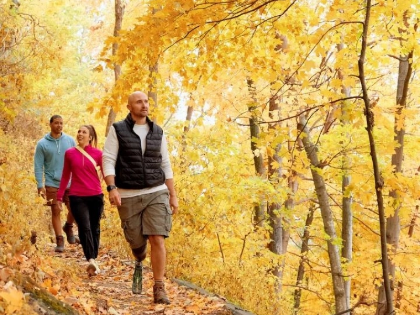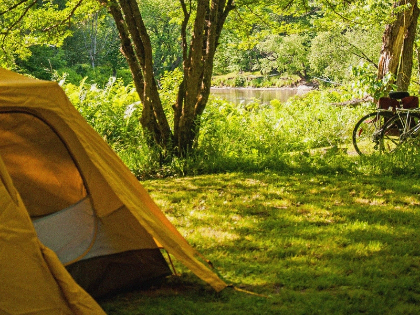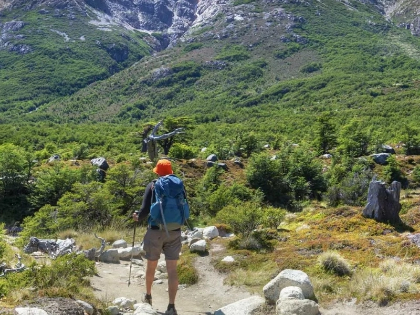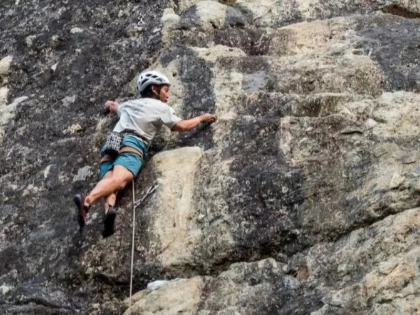Engaging in rock climbing exercises your arms, legs, back, core, and entire body. Bouldering is an enjoyable and demanding workout that you can do outside on an actual wall or at the gym.
Your strength and endurance will both increase if you incorporate rock climbing into your workout regimen. It aids in burning calories as well; however, losing weight requires a balanced diet.
Power
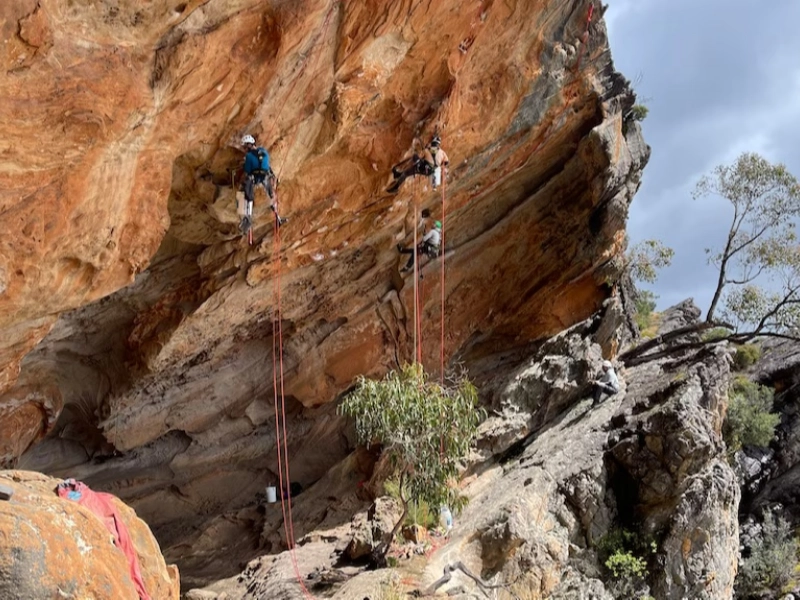
Advertisement
Rock climbing is an excellent total-body exercise that tones your back, arms, legs, and core. Additionally, it enhances your agility and endurance. It's also an enjoyable way to appreciate the weather while you're outside (or hide from it when you're confined inside).
The greatest diet and exercise regimen for weight loss while rock climbing is a well-balanced diet. But since climbing is a high-calorie sport, it can be useful to monitor how many calories you burn while climbing.
Just remember that most fitness trackers don't provide an exact estimate of calories burned, so it's best not to get too fixated on the figures. It's also critical to keep in mind that muscle has a higher weight than fat, so carrying too much muscle can hinder your climbing ability. You'll need to be aware of the balance between your strength and your bodyweight as you go on more difficult climbs.
Tenacity
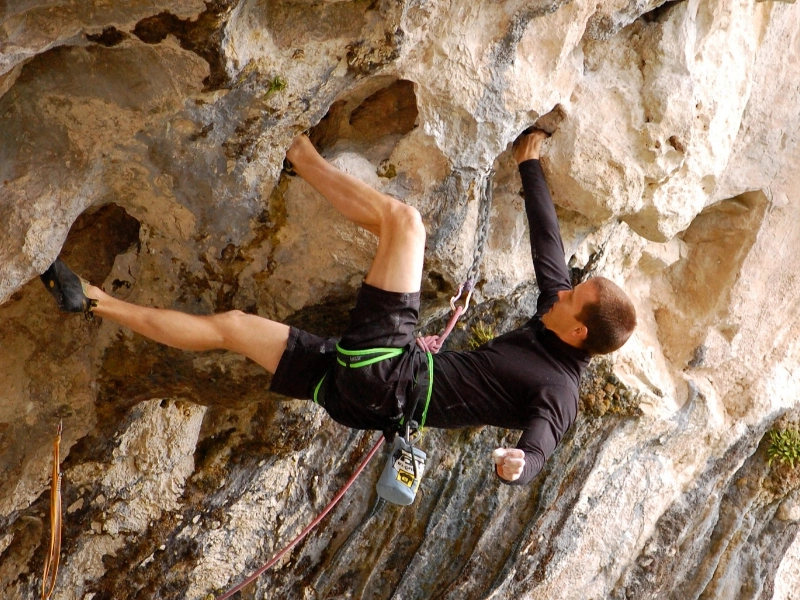
Climbing is an exciting and demanding sport, but it also takes a lot of energy. Using your arms, legs, abs, and back are all necessary for climbing. When your grasp gives way, you need to keep your core tight to prevent your body from going off the wall, and your feet need to be prepared to grab onto little footholds. Your body will be able to withstand exhaustion better if you gain muscle, but endurance is equally important.
Bouldering is a good place for beginners to start since it only requires a climbing mat, chalk, and climbing shoes. After that, you can progress to sport climbing, which calls for greater strength and endurance, or roped climbing, which is safer (you dangle from an anchor above the rock while your belayer holds the other end).
Research indicates that engaging in rock climbing leads to notable enhancements in VO2 max, a measure of cardiovascular fitness. It's also a fantastic method to increase your general stamina and strength.
Adaptability
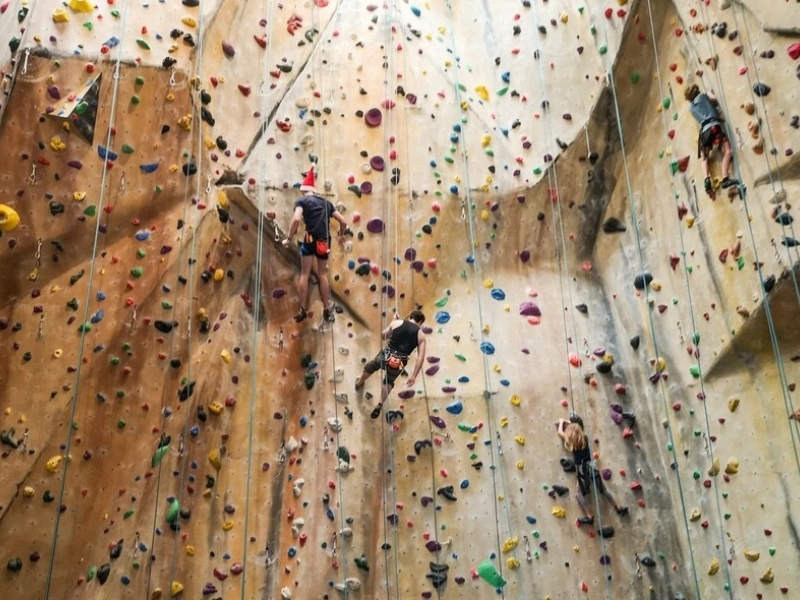
It takes a lot of flexibility and agility to climb. This is especially true for routes with steep overhangs, limited handholds, or narrow fissures where you'll need to drag yourself up the wall using both your arms and legs. Having a flexible body makes it easier to avoid injuries and improves your speed on the rock.
Your entire body will be worked out while you climb, whether you're a novice or an expert. For strength, you'll need to use your upper arms and core, and your shoulders, back, and glutes will support the exercise. Additionally, you must have the ability to stretch and reach for holds.
Climbing is an excellent form of exercise, but it's crucial to keep in mind that it doesn't burn fat. You must cut calories and increase your cardiovascular exercise, such as jogging or high-intensity interval training, if you want to lose weight. Naturally, remember to adequately fuel your body both before and after your climbs!
Mental Difficulty

In order to perfect technique, overcome obstacles on your path, and work your way up a route, climbing demands problem-solving skills. It also teaches you to take chances and push yourself outside your comfort zone. This mental exercise improves your mood and helps you become more confident, both of which have positive effects on other aspects of your life.
Fear of falling is one mental hurdle that climbers frequently face. That we are terrified of falling is understandable given that many of us connect it with harm or even death!
It takes just as much energy to go over this mental obstacle as it does to overcome the physical ones. The secret is to pay attention to your breathing, since it will help you stay calm and collected during the entire procedure. Furthermore, make an effort to remain sensitive to your surroundings to avoid entering a fight-or-flight response. Prior to climbing, it's also critical to get a good night's sleep because it can have a big impact on your attitude and performance.
Advertisement





